A tangent, perhaps - healthcare cost and the cost of water.
albert_135 39.17°N 119.76°W 4695ft.
10 years ago
Related Stories
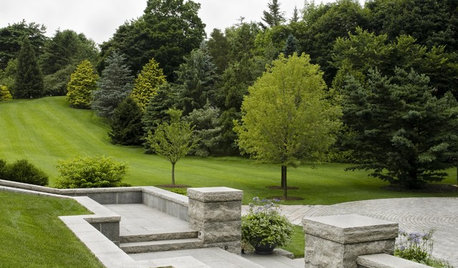
LIFEWhy We Want a House With a Great View
Research shows that just looking at nature has powerful mental benefits. Here's how to get a boost — with or without a million-dollar view
Full Story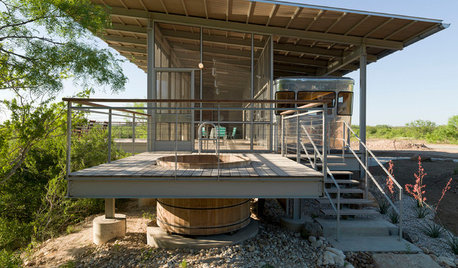
LIFERetirement Reinvention: Boomers Plot Their Next Big Move
Choosing a place to settle in for the golden years? You're not alone. Where boomers are going and what it might look like
Full Story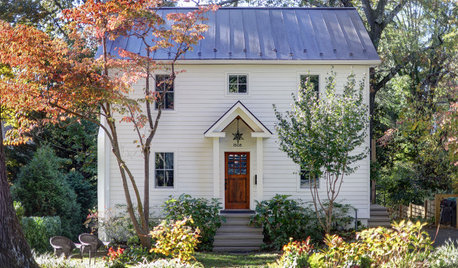
FALL GARDENINGMake This Fall’s Garden the Best Ever
Learn the most important tip for preventing buyer’s remorse, plus get more valuable buying and planting advice
Full Story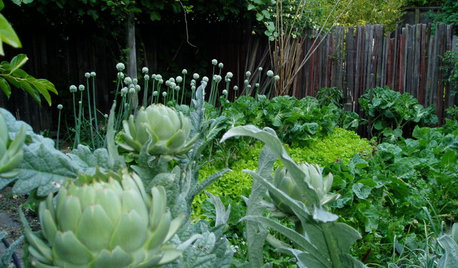
FRONT YARD IDEAS10 Ideas for a Front-Yard Edible Garden Your Neighbors Will Love
Choosing attractive, well-mannered plants and sharing the bounty will go a long way toward keeping the peace
Full Story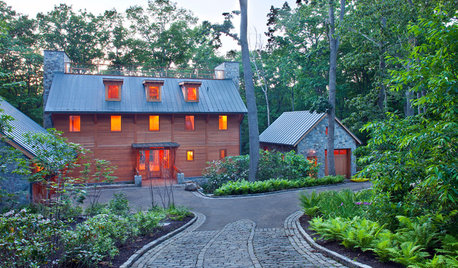
GREAT HOME PROJECTSHow to Give Your Driveway and Front Walk More Curb Appeal
Prevent injuries and tire damage while making a great first impression by replacing or repairing front paths
Full Story
CONTRACTOR TIPSBuilding Permits: What to Know About Green Building and Energy Codes
In Part 4 of our series examining the residential permit process, we review typical green building and energy code requirements
Full Story
HOUSEKEEPINGHow to Clean Your Fridge, Inside and Out
Keep your refrigerator clean and fresh, while you gain storage space and lose those ‘UFOs’
Full Story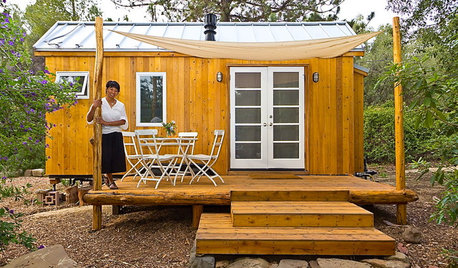
MOST POPULARHouzz Tour: Going Off the Grid in 140 Square Feet
WIth $40,000 and a vision of living more simply, a California designer builds her ‘forever’ home — a tiny house on wheels
Full Story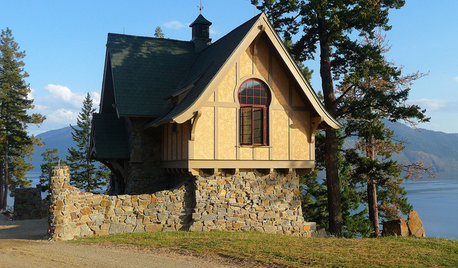
ARCHITECTUREHow to Design a Storybook Cottage
A client’s request: “Build me a house where Disney meets Tudor.” The architect explores the details that make the style
Full Story
MOVINGHome-Buying Checklist: 20 Things to Consider Beyond the Inspection
Quality of life is just as important as construction quality. Learn what to look for at open houses to ensure comfort in your new home
Full Story





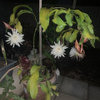
albert_135 39.17°N 119.76°W 4695ft.Original Author
dreamgarden
Related Professionals
Tempe Landscape Architects & Landscape Designers · Baltimore Landscape Architects & Landscape Designers · Harrison Landscape Architects & Landscape Designers · Roosevelt Landscape Architects & Landscape Designers · Brockton Landscape Contractors · Chelmsford Landscape Contractors · Commack Landscape Contractors · Gurnee Landscape Contractors · Kahului Landscape Contractors · Milford Mill Landscape Contractors · Plantation Landscape Contractors · Rochester Landscape Contractors · Tewksbury Landscape Contractors · West Chicago Landscape Contractors · Ansonia Landscape Contractorsmissingtheobvious
Pyewacket
Sow_what? Southern California Inland